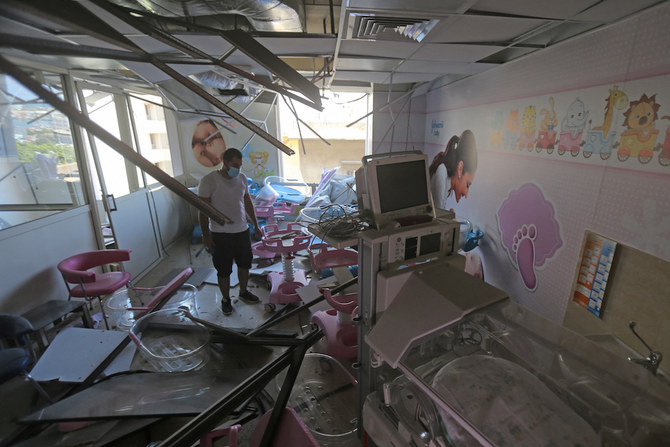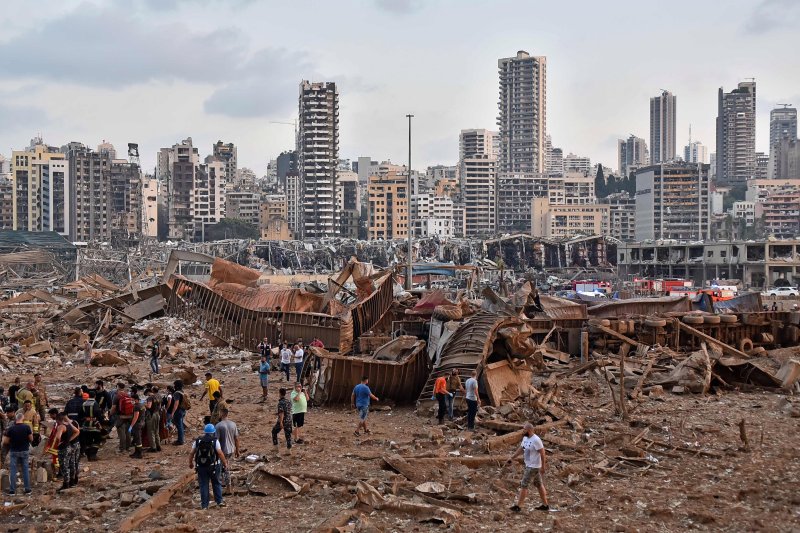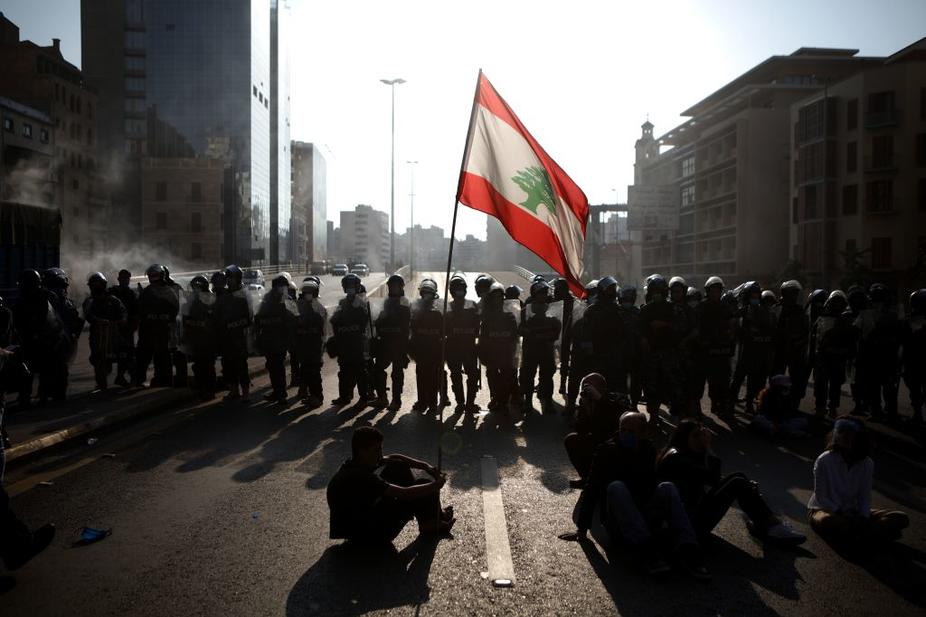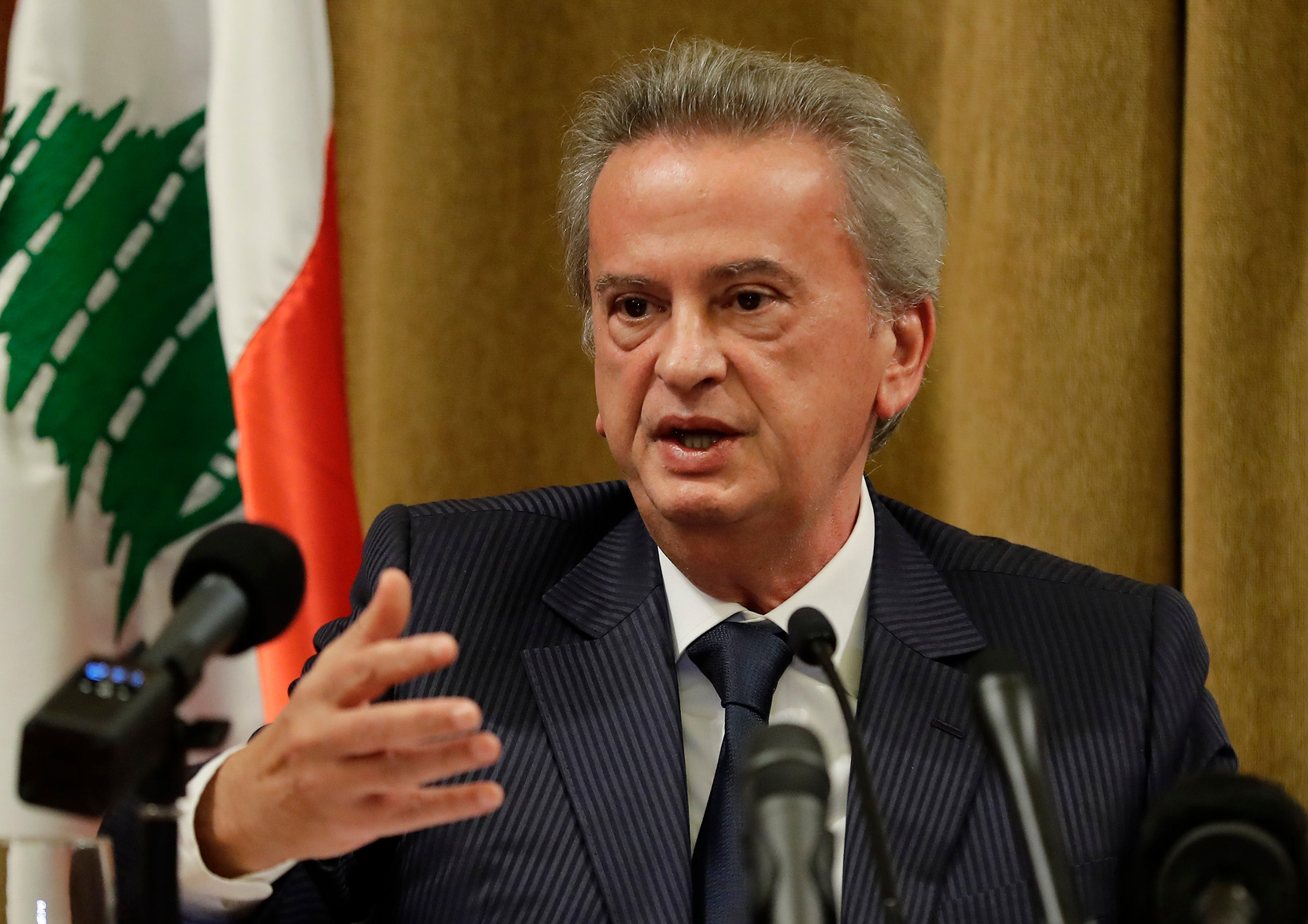
Beirut (AFP) – Once the economy’s crown jewel, Lebanon’s banks are shutting branches and laying off employees in droves, resizing to the bleak reality of a crisis they are widely blamed for. Before the onset in 2019 of a financial collapse deemed one of the world’s worst since the 1850s by the World Bank, the small Mediterranean country had an oversized but prosperous banking sector. The capital Beirut was a booming regional financial hub, attracting savers keen to profit from high interest rates and banking secrecy laws. But more than two years into the crisis, the reputation of Lebanese lenders has been shredded. A dizzying currency collapse, coupled with banks imposing strict withdrawal limits and prohibiting transfers abroad, has left ordinary depositors watching on helplessly as their savings evaporate. And yet bankers stand accused of bypassing those exact same capital controls — stoking the crisis by helping the political elite squirrel billions of dollars overseas. Their trust destroyed, citizens now keep new income well away from the banks, which in turn are deprived of money they could lend. “The whole banking system today is made up of zombie banks,” said economic analyst Patrick Mardini. “They don’t work as banks anymore — they don’t give loans, they don’t take new deposits.”
‘Abandoned country’
As a result, the industry has been forced to scale back its operations. In 2019, Lebanon ranked second in the region for bank branches per 100,000 people, according to the World Bank, and held a total of around $150 billion in deposits. Deposits by Arab investors and Lebanese expatriates propelled the banking sector to peak at three times the value of national economic output. But more than 160 branches have closed since the end of 2018, leaving a total of 919 branches operating across the country, according to the Association of Banks in Lebanon (ABL). The number of employees has dropped by around 5,900, reducing the sector’s workforce to roughly 20,000 late last year. “Lebanon is an abandoned country,” ABL chief Salim Sfeir told AFP, referring to negligence by the nation’s authorities.










